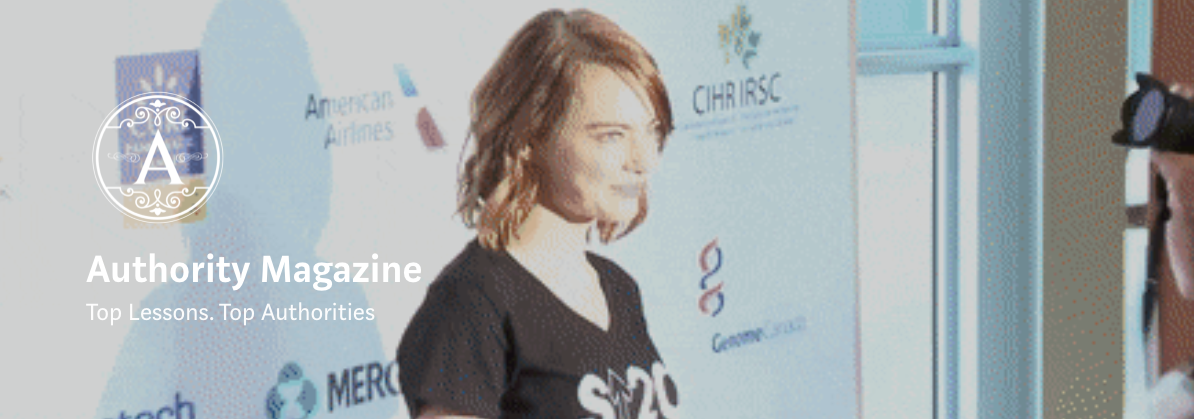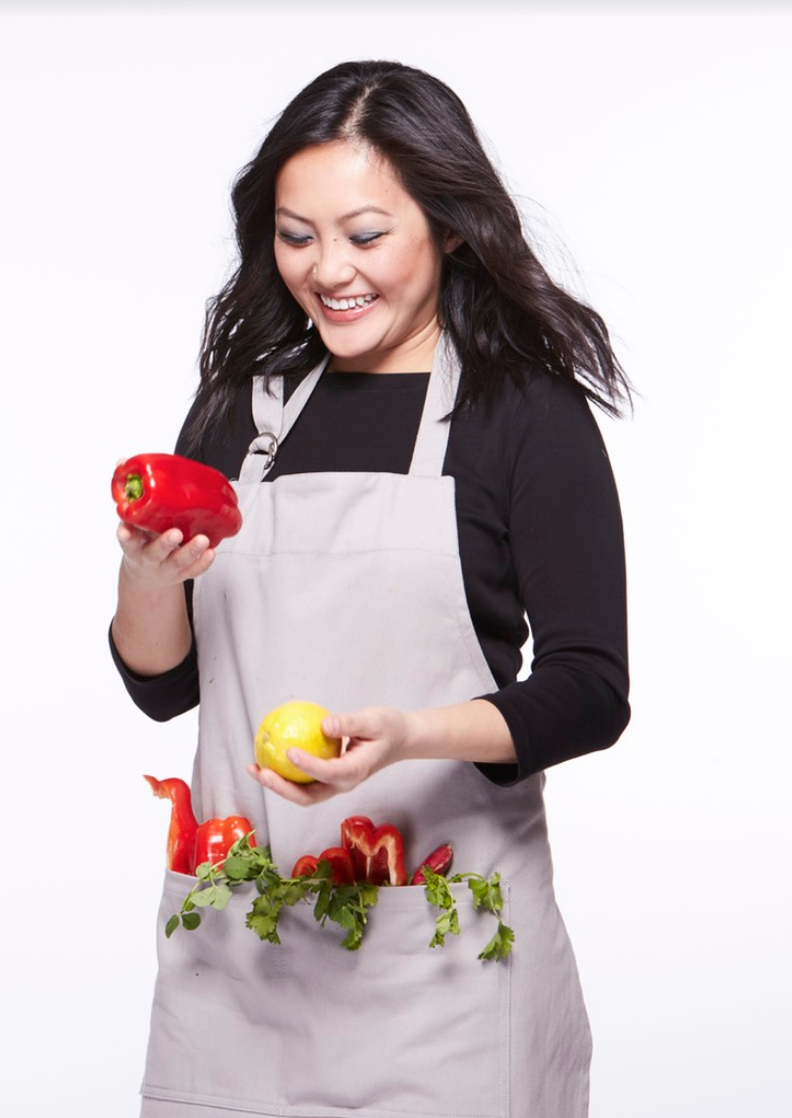

How to Get Featured on the FemFounder.com Blog
If you're interested in being featured on the FemFounder.co blog and all of our social channels (50k followers in total), please send an email to FemFounder@gmail.com with the subject line "FemFounder Interview" for consideration. Be sure to include your name, website link, social media handles, bio, company background, and photos all in the body of the email of your submission. If we are interested and have a place available on the blog, then we will respond within three business days.

Authority Magazine Interview Submissions
As of Monday, March 13, 108, I have started to contribute to Authority Magazine, which is the first magazine to feature today's most influential business leaders, entrepreneurs, celebrities, and athletes.





